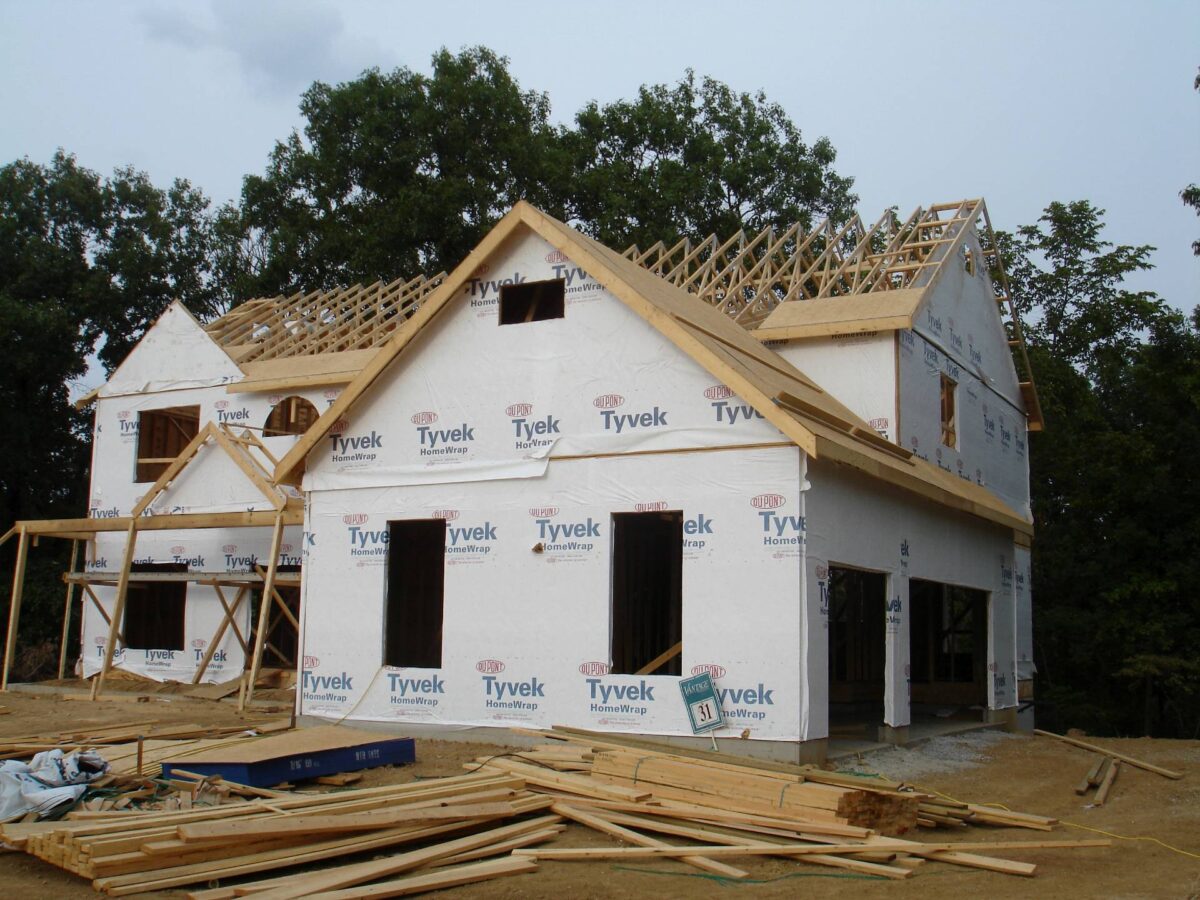If governments at all levels want to see new, affordable housing built in Canada they can’t count on the private sector to do the job.
They are going to have to build a significant portion of that new housing themselves – or in partnership with cooperative and non-profit organizations.
That is the conclusion of a study the Canadian Centre for Policy Alternatives made public on October 4 .
The report’s author, David Macdonald, points out that real estate developers are investing less in new residential housing construction now, in 2023, than they did three years ago in 2020.
The reason for the decline is higher interest rates.
While governments are trying to use incentives, such as tax breaks, to encourage businesses to invest in housing, the Bank of Canada’s interest rate policy is pushing in the opposite direction.
The aim of high interest rates is to put a damper on economic activity and thus lower the rate of inflation. But it seems those high rates have worked all too well when it comes to housing.
As Macdonald puts it:
“While … government housing initiatives may have limited positive impact, they are being made increasingly irrelevant by the impact of rate hikes. It’s as if governments are bringing a nail to the construction site, but the Bank of Canada is bringing a wrecking ball.”
When the report came out media attention focused on the negative part, the drop in new housing builds.
But there was little attention paid to the CCPA’s main prescription, namely that governments should focus less on fruitless incentives to the private sector and more on direct spending on housing.
In the report’s words: “This isn’t a time for more private incentives—it’s time to get your hands dirty.”
Zero per cent mortgages
Among the CCPA’s proposals are for the federal government to directly build what Macdonald calls “non-market housing”, or to provide zero per cent mortgages to housing cooperatives and other non-profit organizations to build such housing units.
For the federal government to build and own public housing might be complicated in this federal country.
The Canadian constitution does not mention housing, but it does give provinces jurisdiction over property and municipalities. That’s why politicians, for the most part, assume housing is a provincial responsibility.
Justin Trudeau said as much not too long ago, and got into hot water. It sounded like he was trying to slough off his duty for the wellbeing of all Canadians.
The fact is that the federal government does have an assumed right, affirmed by multiple court decisions, to spend its money in areas of provincial jurisdiction.
So, there is no constitutional barrier to the CCPA’s proposal. The real barrier is cost, in an era where Ottawa is seeking to trim its sails and tighten its belt, not look for new spending programs.
As well, even if the federal government were to get its hands dirty as the CCPA suggests, building new, non-market rental housing is a medium and long-term solution.
“It can easily take ten years from land acquisition to people moving in,” Macdonald admits, “five years if the stars align.”
Buy existing rental buildings, outlaw Airbnb, end restrictive zoning
The CCPA does have some proposals which would have impacts in the short-term.
It picks up on an idea the Canadian Housing and Renewal Association (CHRA), the national voice for the affordable housing sector, has pushed .
The CHRA has pointed out that while there are federal funds to assist in construction of new, affordable community-housing buildings, there are no such funds to help the community and not-for-profit sector purchase existing rental properties as they go on the market.
The Association argues that an annual federal investment of $1.5 billion could enable the sector to acquire several thousand existing rental buildings per year.
That would help keep much-needed rental units out of the speculative marketplace – and convert for-profit properties, where rents can skyrocket overnight, into non-market and affordable housing.
The CHRA estimates such a federal investment could make an additional 6,000 affordable rental apartments, townhomes and flats available each year.
The Canadian Centre for Policy Alternatives also says governments “could outlaw Airbnb and other short term rental platforms from big cities for five years to provide some breathing room for new builds.”
While at the same time the CCPA suggests “we can save the greenbelt by opening up the single-family home belt.” They propose municipalities and provinces eliminate the widespread practice of restrictive zoning, which limits construction in many urban areas throughout the country to single-family houses.
Outside of Quebec, most of Canada has far too little of the “missing middle” in housing.
Existing zoning rules favour either neighbourhoods of single homes, each on their own lot, or of high-rise apartment buildings. What we need, CCPA and many others argue, are more duplexes, triplexes, and row houses – human-scale but still relatively dense housing for families.
The Centre also suggests “all levels of government should work to strengthen and enforce rent controls.”
And, finally, Macdonald wants governments to “implement large transfer taxes on investment properties and heavy restrictions on mortgages for investors.”
The CCPA report concludes:
“Governments at all levels have been shouting about the housing crisis, and the need to build new housing supply, but their solutions are stuck in an era when the private sector was actually building homes. With private sector investments collapsing in housing construction, governments need to fill that gap.”



